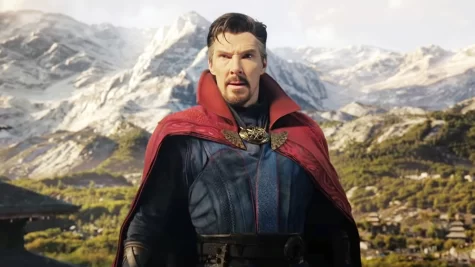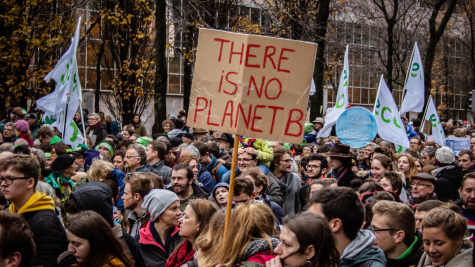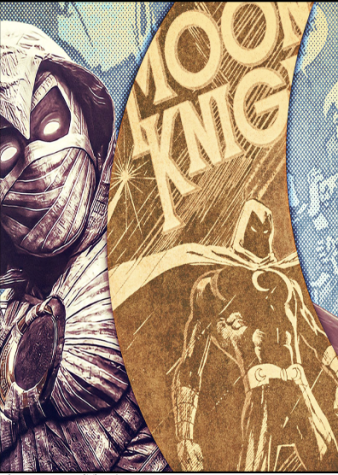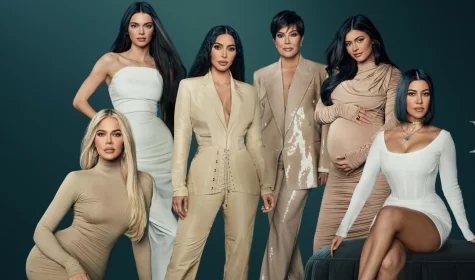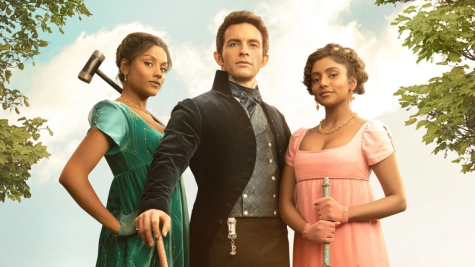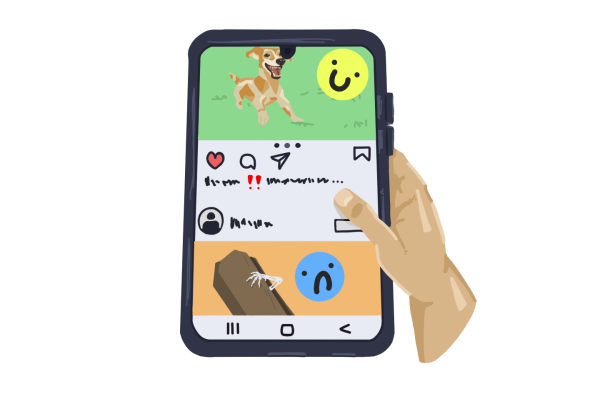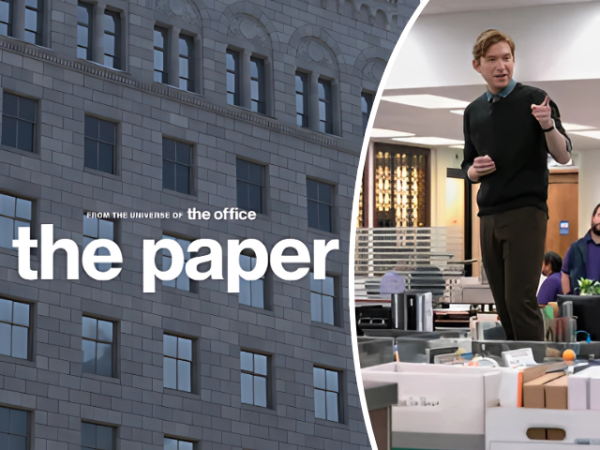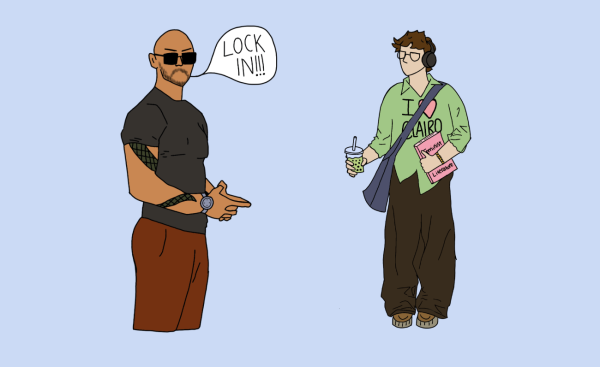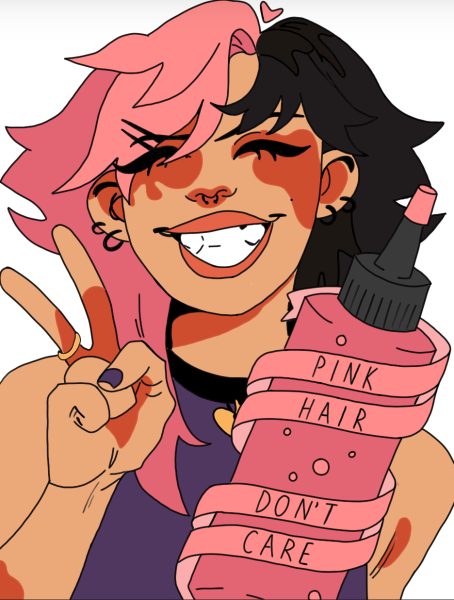Exploit or be exploited: “My Body”
Nine years ago, the song “Blurred Lines” by Robin Thicke, T.I. and Pharrell was released. In the music video, three models, including Emily Ratajkowksi, danced around the musicians — topless in the unrated version — with various obscure props, even a goat. In her new memoir “My Body,” Ratajkowski, now an acclaimed model and actress, recounts her experience on the set for the music video, and accuses Thicke of allegedly groping her on set.
“My Body” is a non-linear collection of essays where Ratajkowski examines her ascent in the modeling world. Her work spans from the sexualization and fetishization of her body as a teenager and, later, to the exploitation of her image to accommodate the male gaze.
In the essay “Buying Myself Back,” Ratajkowski recounts a 2012 shoot with photographer Jonathan Leder at his home. In 2016, Leder published a book of nude polaroids of Ratajkowski from the shoot. In the essay, Ratajkowski accuses Leder of sexually assaulting her at this shoot and selling her photos without her consent. She remembers frantically contacting her lawyer and her former agent to ensure Leder would not publish the book, and she remembers being disappointed in the failure of the justice system to protect her and women like her.
Ratajowski’s work is extraordinarily nuanced. Although she provides mere observations rather than solutions to the issues she presents, she actively pursues a personal exploration of “feminism, sexuality, and power, of men’s treatment of women and women’s rationalization for accepting that treatment.”
Ratajkowski’s work is incisive, evocative — yet constricted. As she carefully dissects and examines the wrongdoings against her, and her consequent misery, she never addresses how she perpetuates the very systems she criticizes. Rather, she focuses on how misogyny and a stubbornly patriarchal system failed her.
She completely avoids uncomfortable areas: how her image influences young audiences, and how she upholds and feeds into the perversion of the film and modeling industry. It is contradictory how Ratajowski fiercely condemns the institution that commodifies her body while continuing to monetize off of the very thing she is speaking against. As she explains her internal conflict of being paid tens of thousands of dollars to hang around famous men, going to Coachella with other models for free and getting paid to vacation in the Maldives, Ratajkowski seems out of touch.
In “K-Spa,” Ratajkowski talks about disassociating from her body when she is shooting nude or being observed on set. In a way, “My Body” is like this. Ratajkowski is fully present in parts where she can cover herself — discussing patriarchy and corrupt consumerism surrounding the female body; however, she is quick to disconnect when she talks about her use of her body and her subsequent gain.
Ratajkowski strives to have the ability to reform the industry without jeopardizing the comfortable life of fame she has built for herself. She clearly wants to preserve her monetary profits and her status within the realm without truly reflecting on how this will only sustain the cycle. Put simply, it is impossible for her to burn down the house she still lives in.
Nevertheless, for a writing debut, Ratajowski has written a lucid, courageous storytelling of her evolution as an actor, model, feminist thinker and political activist. While Ratajowski’s experiences are uniquely her own, her message is undoubtedly universally resounding.




